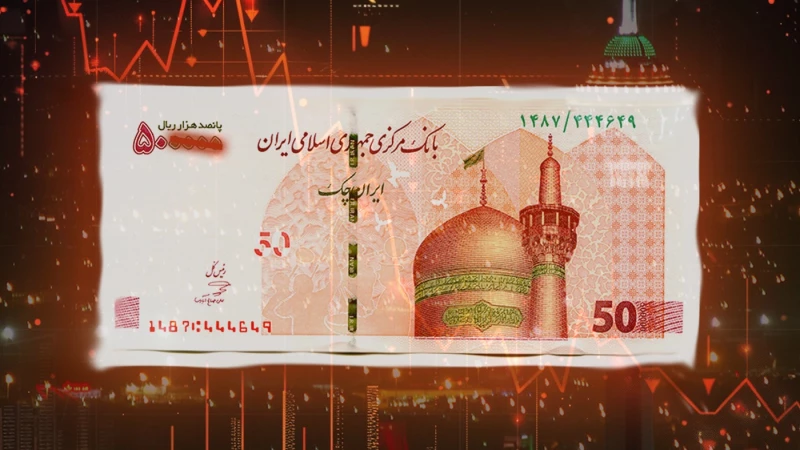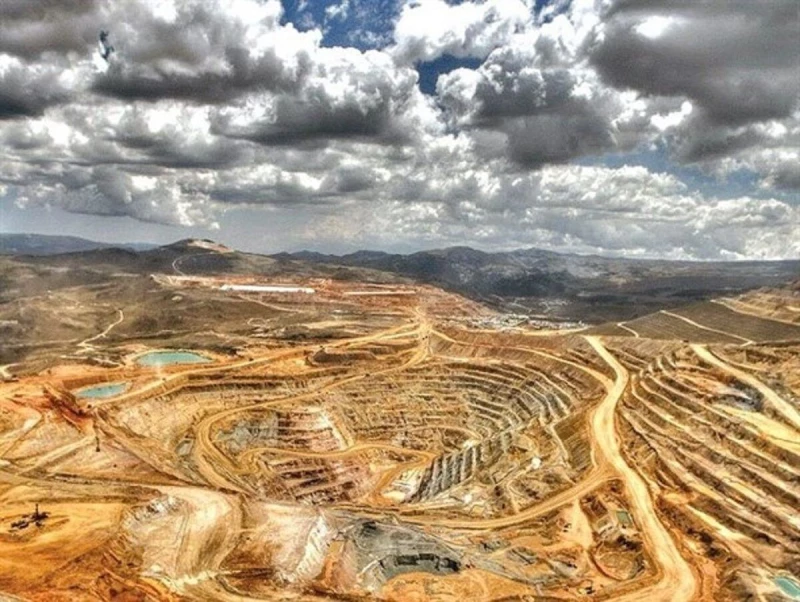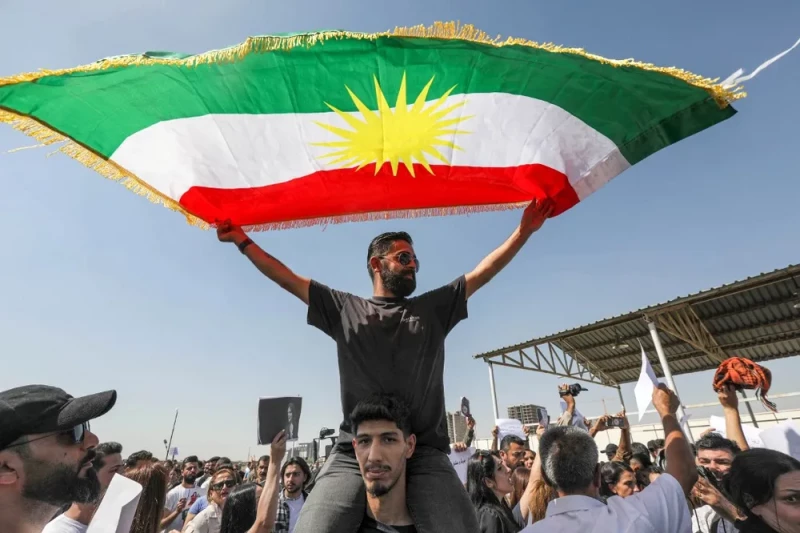STRASBOURG, France - A defeated middle-aged man in a village near Iran’s Marivan district wipes the tears off his grandchildren’s faces, as he struggles to stay strong for his family in the face of his son’s death. The family’s sole request now is justice for their beloved Arman who was shot dead by Iranian border guards on Saturday.
Arman Rayzan, a 31-year-old kolbar from Marivan’s Gugjeh, was killed after Iranian border guards opened fire on a group of kolbars at close range and “without warning” in the Do Palureh border area in western Iran, according to a Monday report by the Paris-based Kurdistan Human Rights Network (KHRN).
Siddiq Rayzan, Arman’s father, said that his son only resorted to working as a kolbar to “secure a piece of bread.”
“He was shot at on the way and a bullet hit him in the chest. The scoundrels [border guards] then rushed to him and put another bullet in his head,” the distraught father told The New Region.
Nasrin, Arman’s mother, urged the Iranian authorities to “identify and try” her son’s killer.
“What was my son carrying? Was he carrying narcotics? Was he carrying smuggled weapons?” she posed.
Arman was a porter of furniture across Iran’s border with the Kurdistan Region.
“There are no references [in the law] to shooting a person,” Atta Valipour, a middle-aged Gugjeh resident who served in the Iranian military for two years, told The New Region. “It is said that if military forces warn a person and they defy. Then, shooting from the waist down is allowed in order to carry out the arrest. Unfortunately, they shoot people before anything nowadays.”
The law that Valipour postulates is not abided by in relation to the kolbars operating along the border and the families of those like Arman have no chance of prosecuting the killers in the Iranian courts of law.
Osman Mozayan, a former Tehran-based lawyer who has taken multiple kolbar cases in the past, told The New Region that the families of kolbars who are shot and killed by border guards can press charges in military courts, but stressed that “when it is in regards to the killing of these kolbars, military courts support the military forces.”
Mozayan detailed that military courts view kolbars as “smugglers who have crossed borders illegally and posed a threat to the country’s security.”
The Kurdish lawyer echoed Valipour’s remarks about the laws regarding the use of fire by the security forces, explaining that “in the law of the use of arms, there are no mentions of shooting kolbars, and most importantly, it is stipulated that weapons must be employed in stages, for example starting with a warning then shooting into the sky [to intimidate].”
Mozayan revealed that the military courts do not even issue a summons for the suspects, and “they are not tried to explain why they have made the shot,” claiming that, as a result of this complacency of the legal system, a lot of kolbars die every year with no real repercussions.
Arman was a decorated sprinter, winning dozens of medals in Iran and participating in several high-level competitions in Iraq, Lebanon, and the Kurdistan Region.
“A champion like Arman who has won multiple medals must be made into a symbol by the state, but we have unfortunately buried him,” a resident from the kolbar’s village who requested anonymity told The New Region.
Due to increasing poverty rates and government neglect in the country’s western provinces, many resort to working as a kolbar.
Kolbars are only a small organ in a much larger and profitable body. People with no other options to make ends meet, often carry tens of kilos of different goods on foot across mountainous and snowy borders patrolled by brutal Iranian border guards.
Sanandaj Governor Arash Lihony said in early April that the profession is a “phenomenon that is related to the lack of job opportunities and economic problems,” adding that a bill has been passed that will see the end of the phenomenon “within three to five years” if implemented correctly.
“Grieving over the death of kolbars recurs several times every month in Rojhelat [western Iran’s Kurdish regions], but why do these events not happen in other parts of Iran? In Tehran, Isfahan, Qum and Shiraz for example. Why don’t they happen?” asked Majeed Maryami, Arman’s uncle. Urging Iranian authorities to put an end to killing kolbars and “not let Arman’s blood be spilled in vain.”
While businessmen make loads of money through such trade, kolbars are given only a tiny portion of the money, sometimes barely enough to put food on their table.
Direct military gunfire and environmental factors killed at least 59 kolbars in Iran in 2024, and 286 others suffered various injuries while traversing the highly hazardous routes, according to Kolbar News, a network monitoring violations against kolbars in Iran.
Translated by Gashtyar Akram

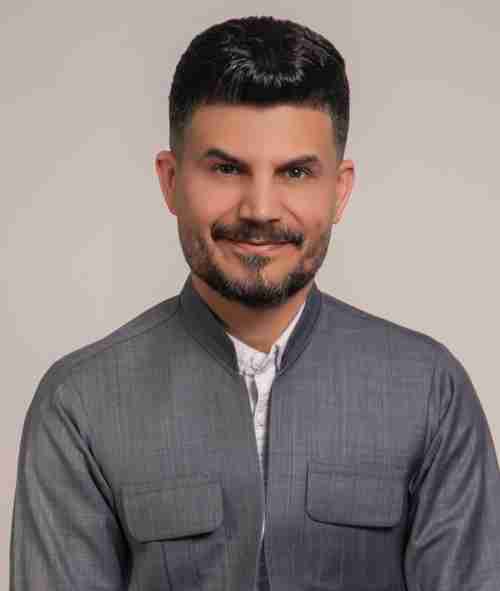
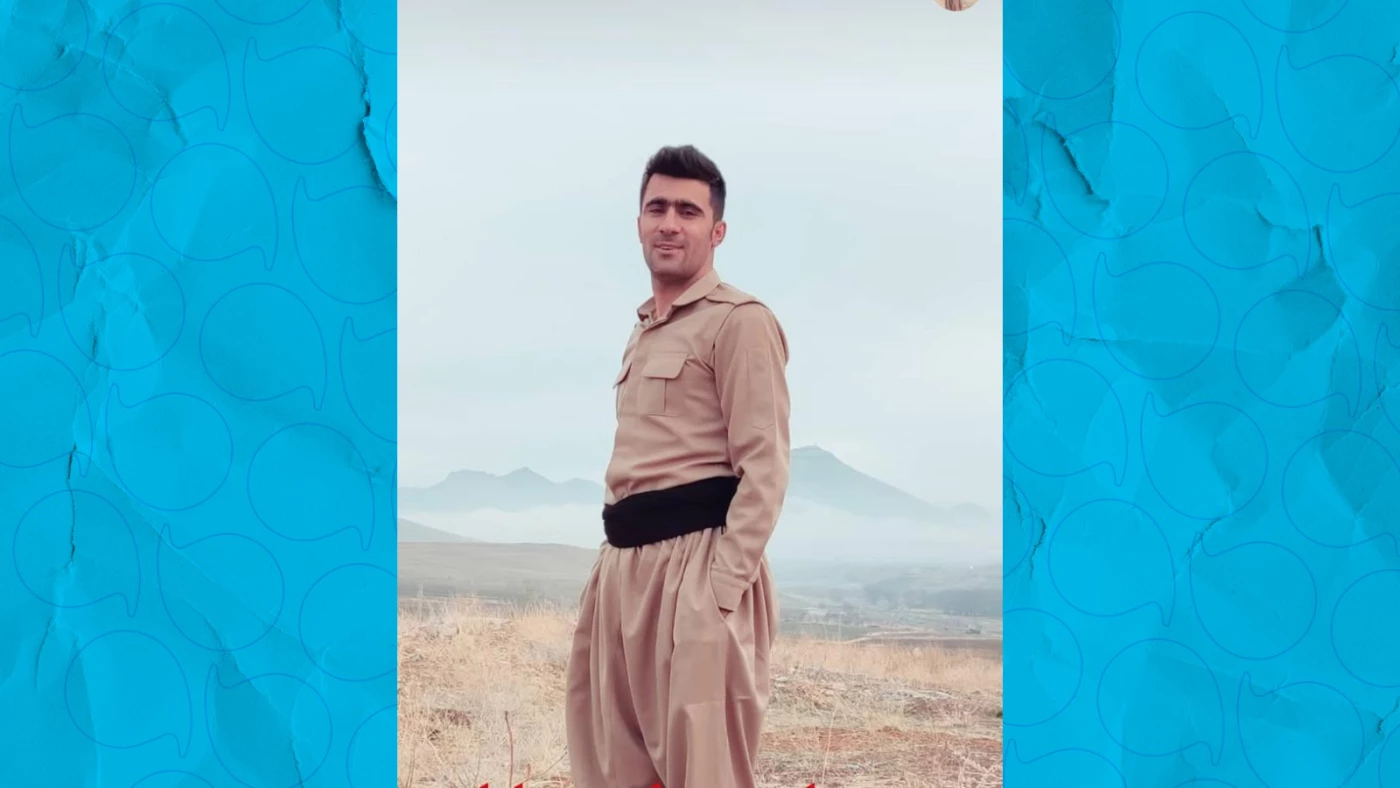
 Facebook
Facebook
 LinkedIn
LinkedIn
 Telegram
Telegram
 X
X
